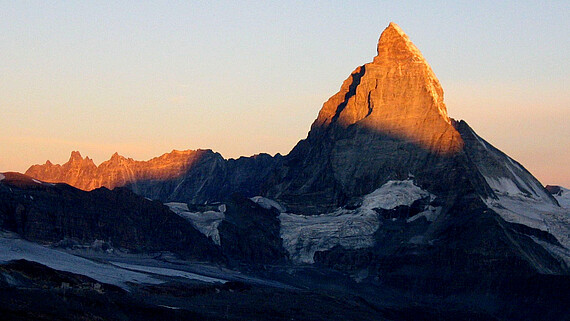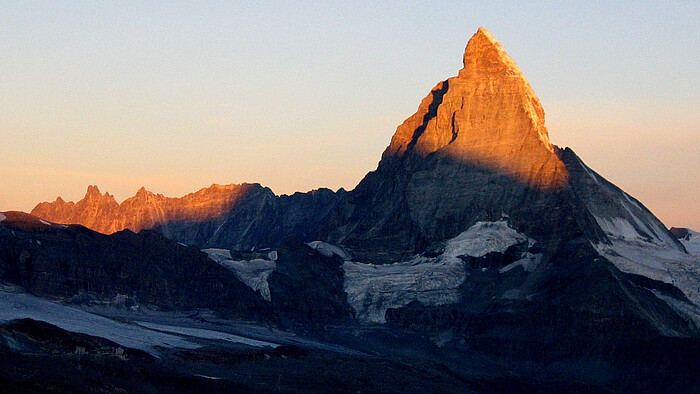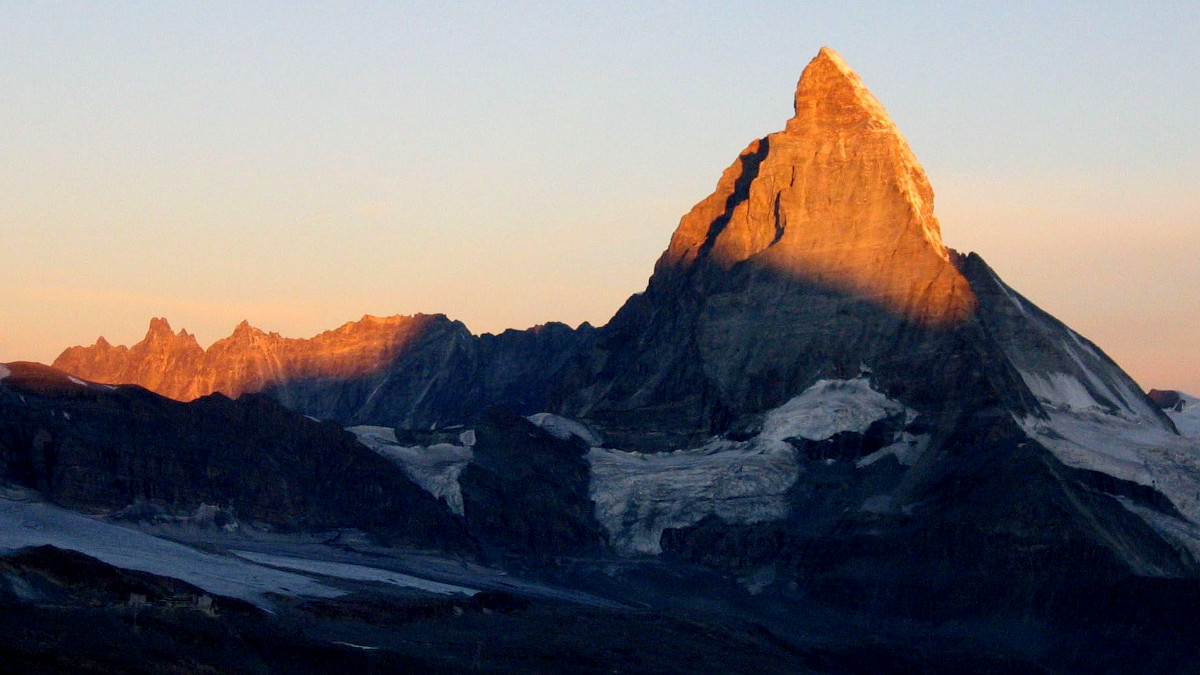


The focus of the Geochemistry group is on the cycling of metals in the deep Earth and in near-surface environments at variable size- and time scales. Our fields of research include magmatic processes on Earth and other planets, the formation of metal ore deposits, the biogeochemical and redox evolution of the Precambrian Earth and its habitats, as well as the link between environmental and climate changes during the Phanerozoic and at present. In targeting these interdisciplinary subjects, we work together with a variety of other geoscience disciplines, such as geology, petrology, sedimentology, and soil sciences, as well as microbiology.
Research subjects and approach
We are specialized in the development and application of new protocols for the analysis of non-traditional stable isotope compositions of metals in the Earth sciences. Notably, we specialise in measuring many stable isotope systems in solution and in situ, with high precision.
In situ applications include, e.g. lithium, magnesium, sulphur, iron, copper, molybdenum, antimony, and tin isotopic compositions, enabling us to analyse e.g. zoned minerals or melt inclusions with high spatial resolution. For these analyses we utilize a femtosecond laser ablations system coupled to MC-ICP-MS (Multi Collector– Inductively Coupled Plasma – Mass Spectrometry). The femtosecond laser allows the ablation of geomaterials with only insignificant thermal interaction with the sample which is highly suitable for stable isotope analyses. It also allows to measure trace element compositions in fluid inclusions. These methods are applied, e.g. to investigate diffusion-driven isotope fractionation that is used to quantify the timescales of processes in magma plumbing systems (together with other petrological-geochemical methods and modelling approaches), allowing to determine magma ascent rates. Another application is to use stable isotopes to understand the mechanisms and conditions of metal mobilisation, transport and precipitation, resulting in the formation of ore deposits.
For solution analyses, we apply isotope composition of non-traditional redox-sensitive and bio-essential elements such as Fe, U, Sb, Mo. In collaboration with geologists and bio-geoscientists, we investigate stable isotope signatures of sedimentary archives (reaching in age from the Archean to the Holocene) aiming at understanding the link between environmental- and dramatic climate changes, e.g. driven by enhanced volcanic activity, at local and global scales and their impact on habitats through deep time.
Head of group


30167 Hannover




